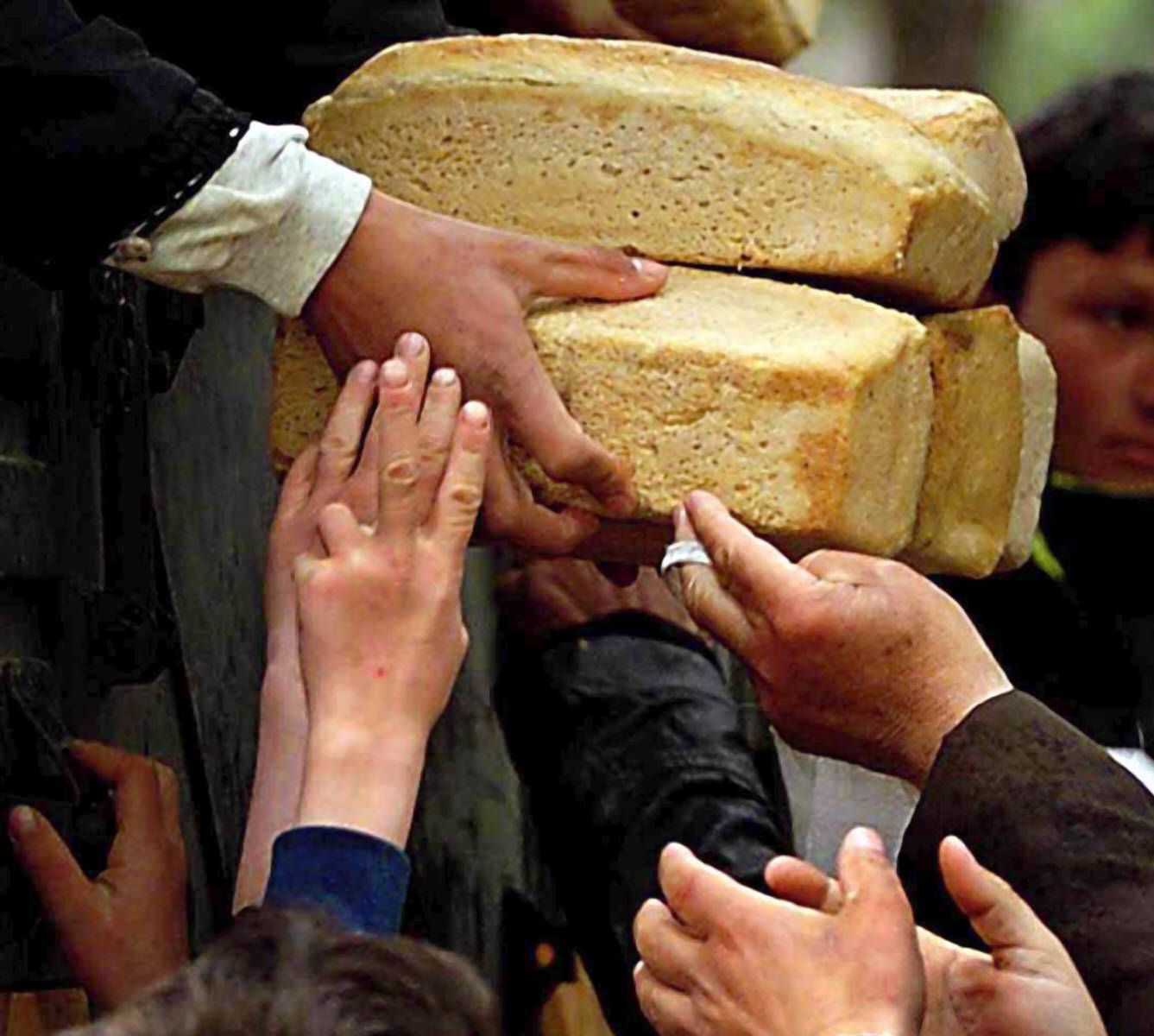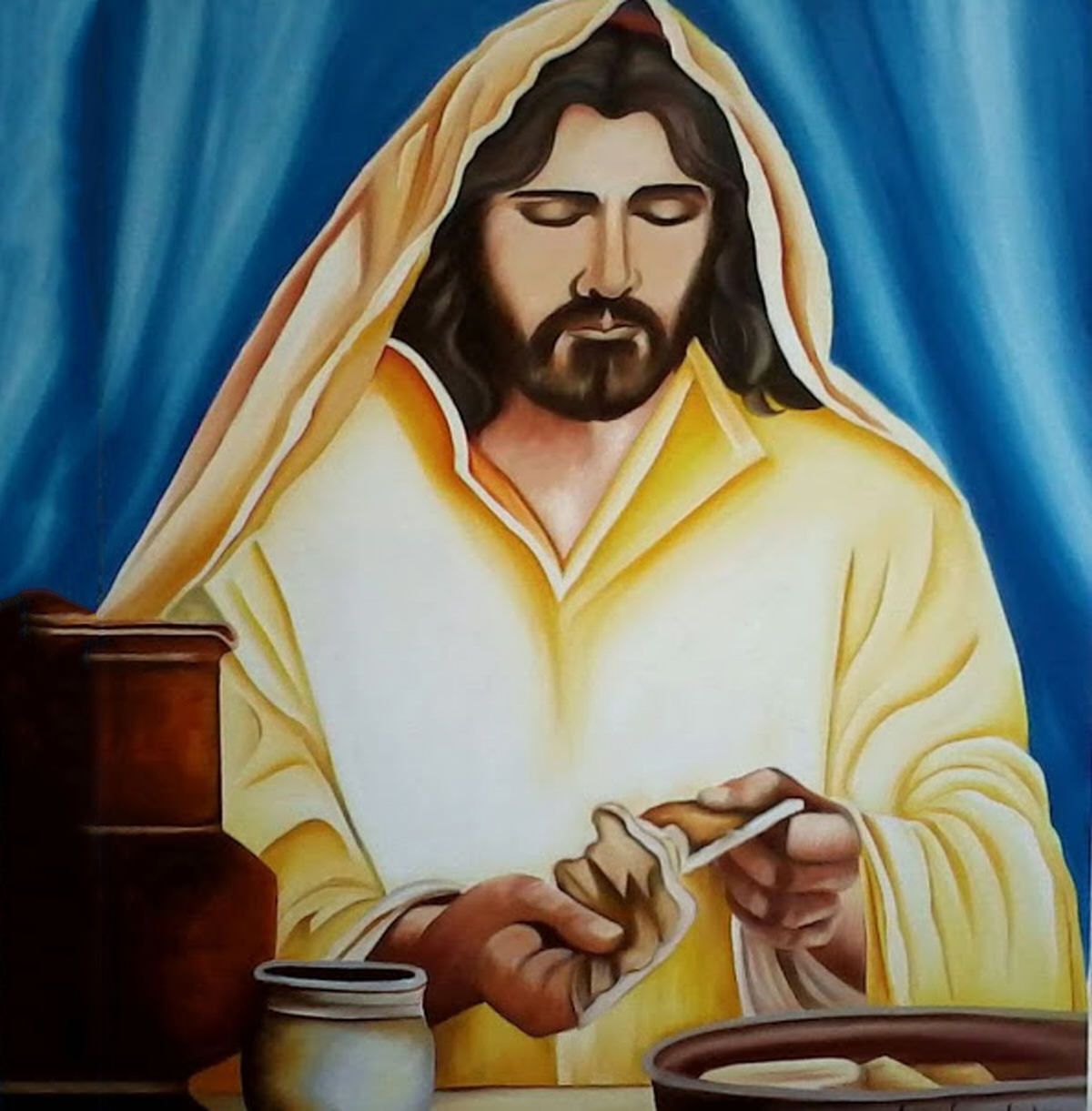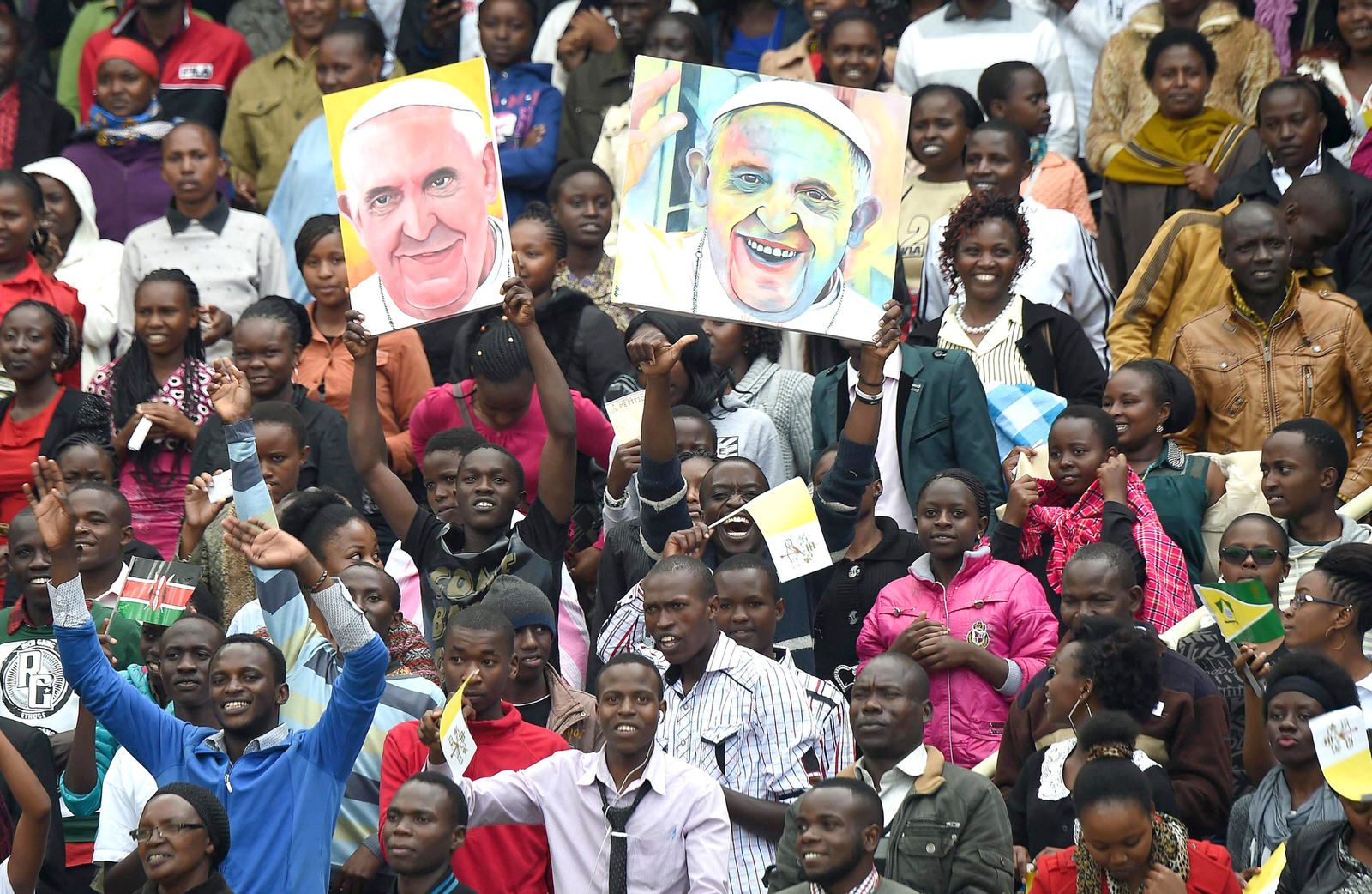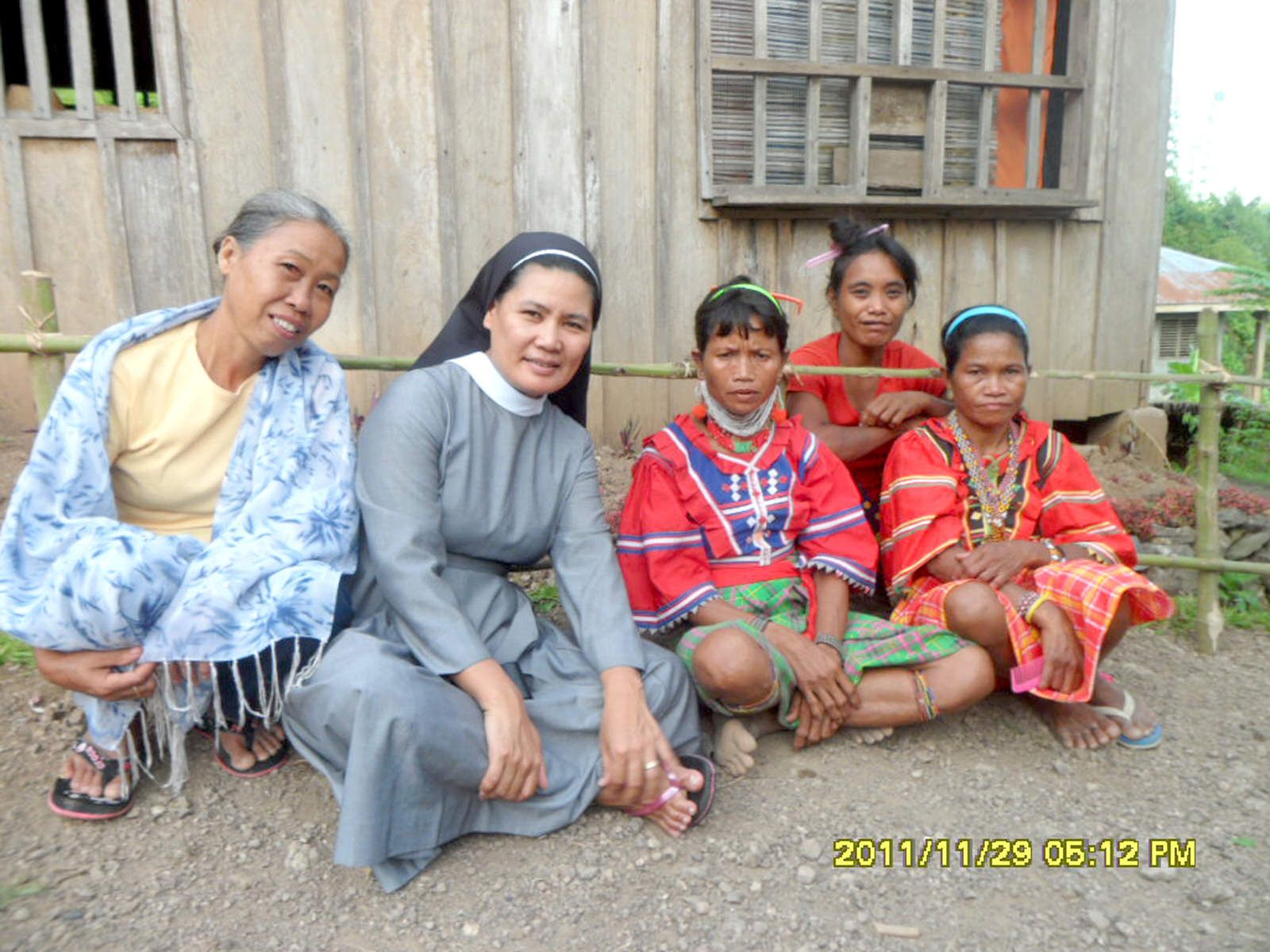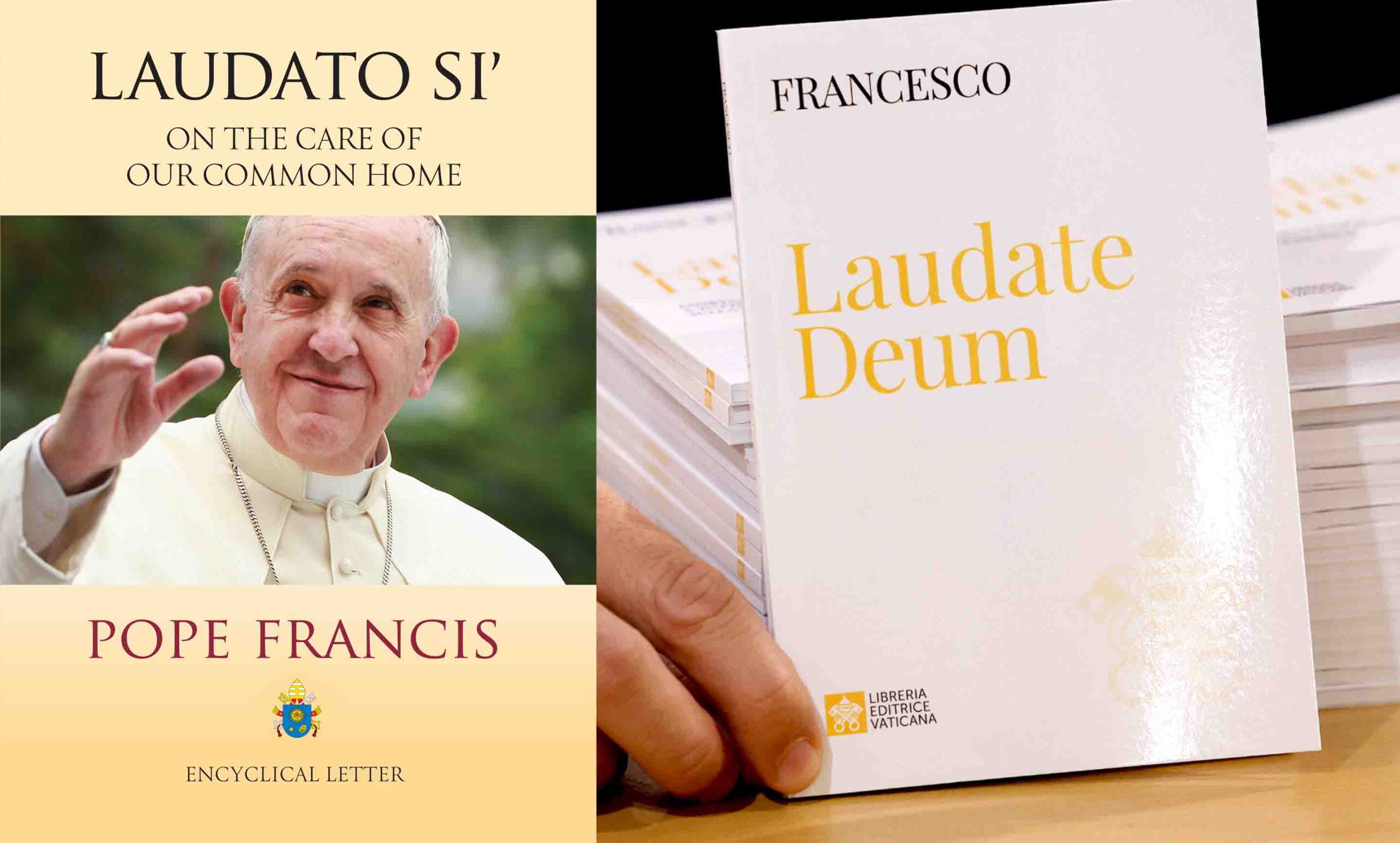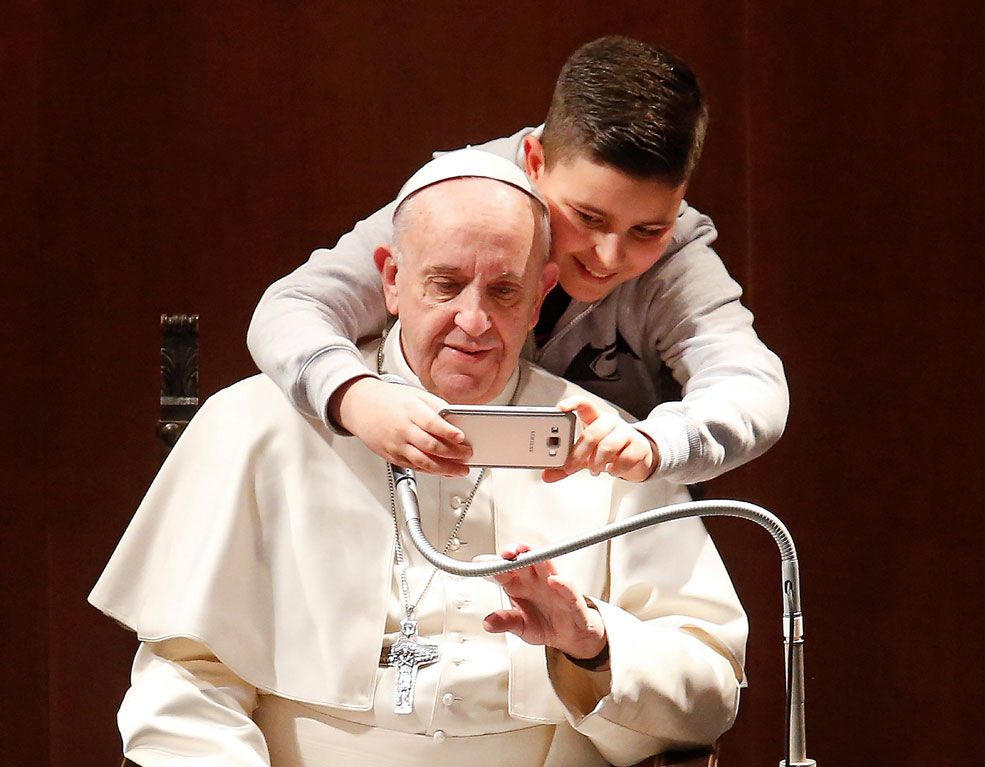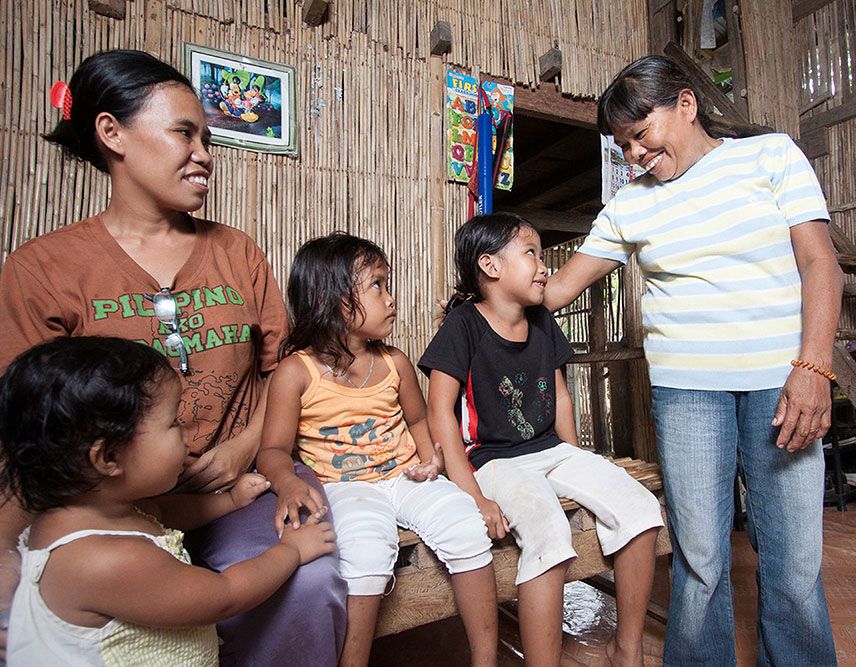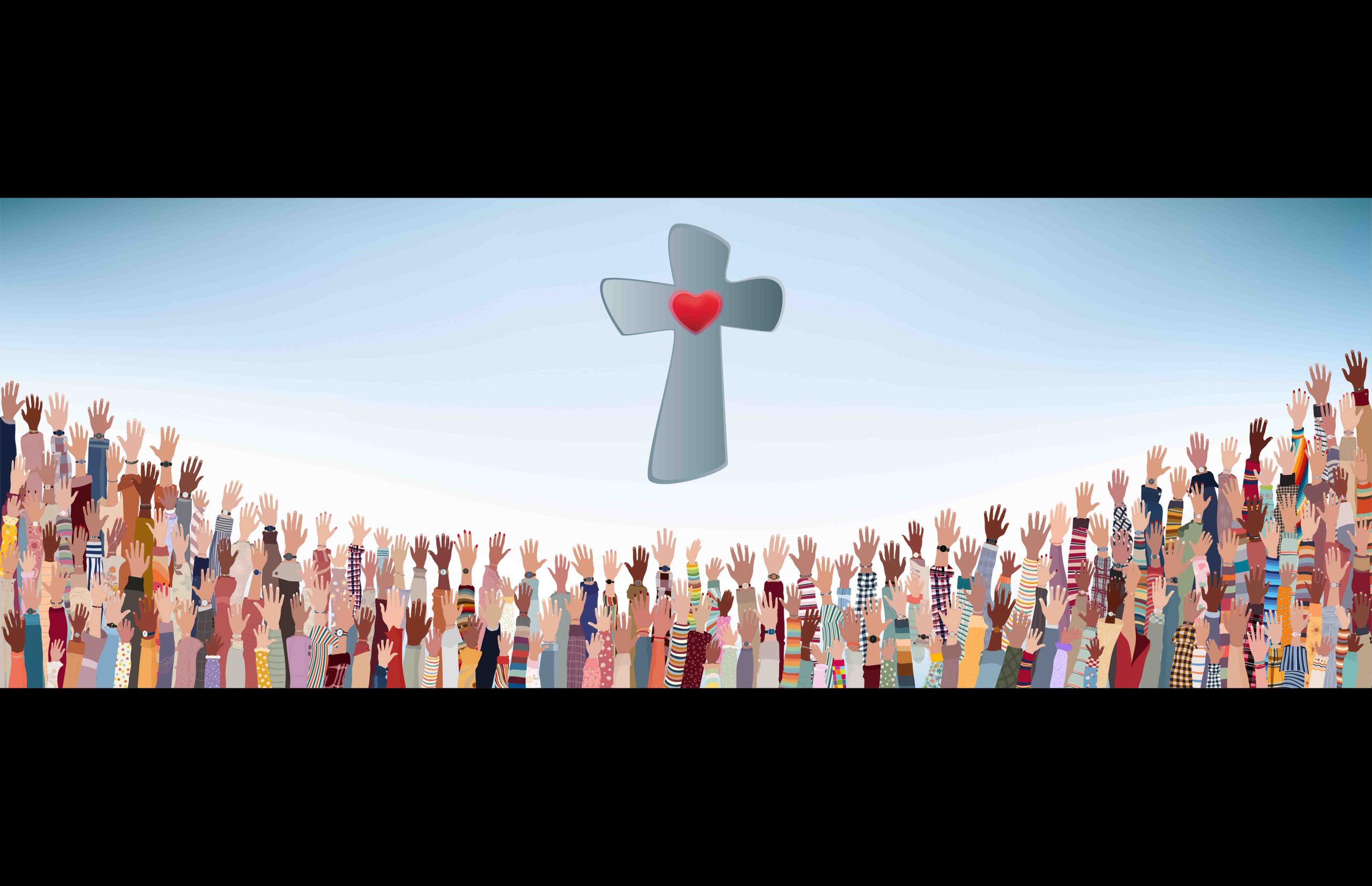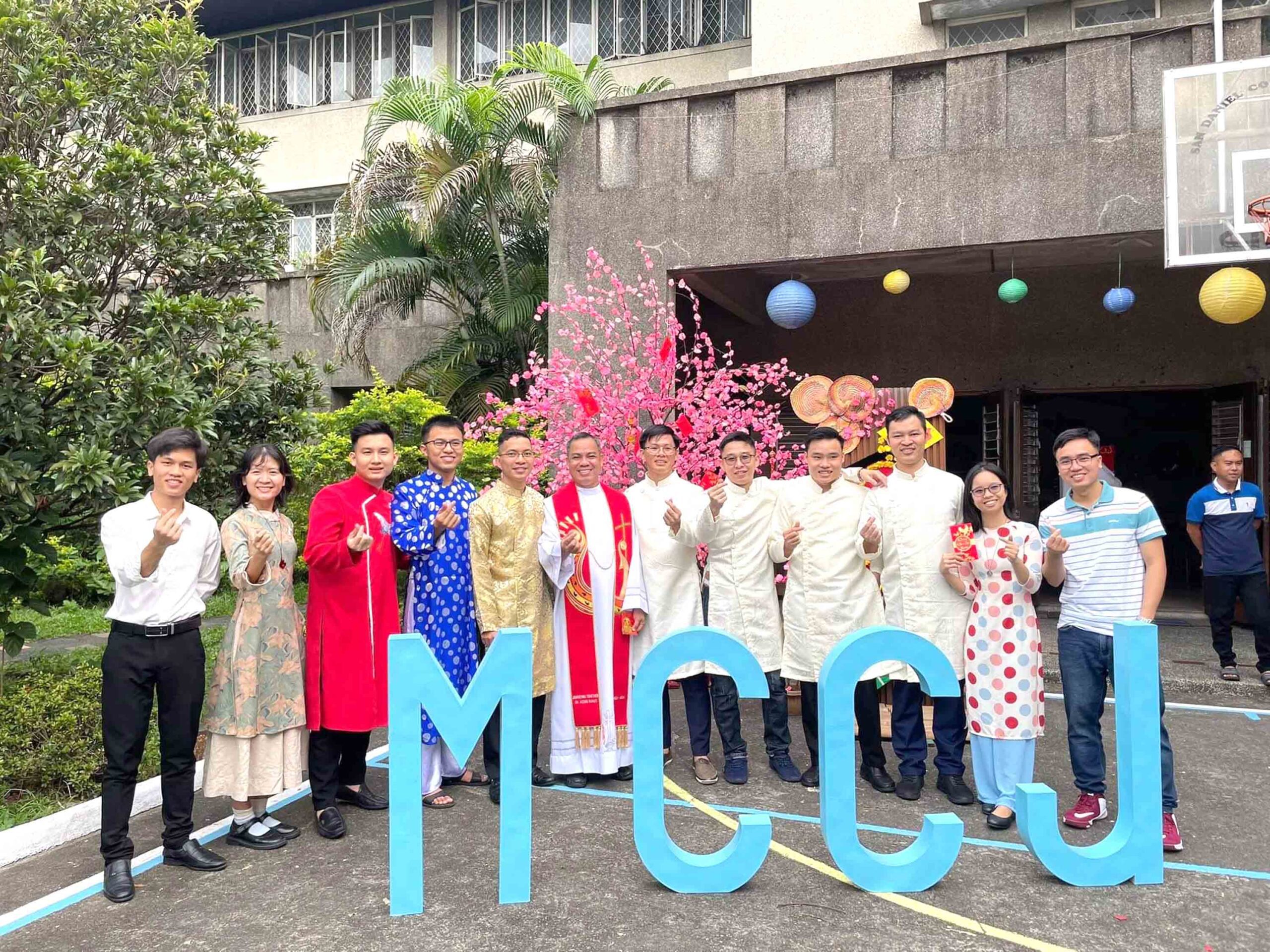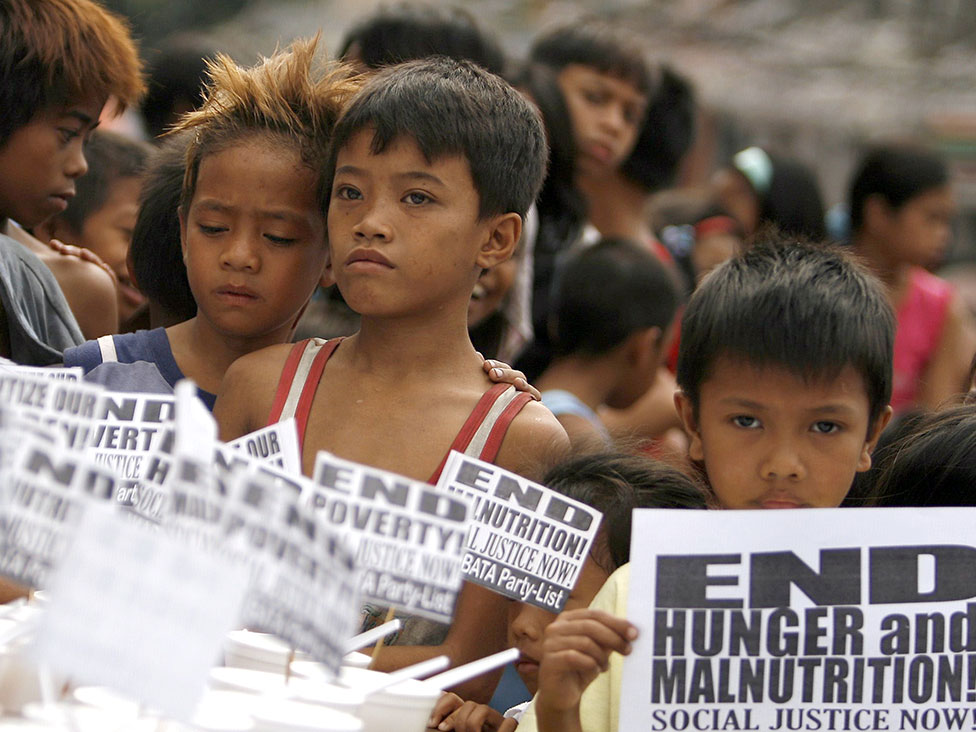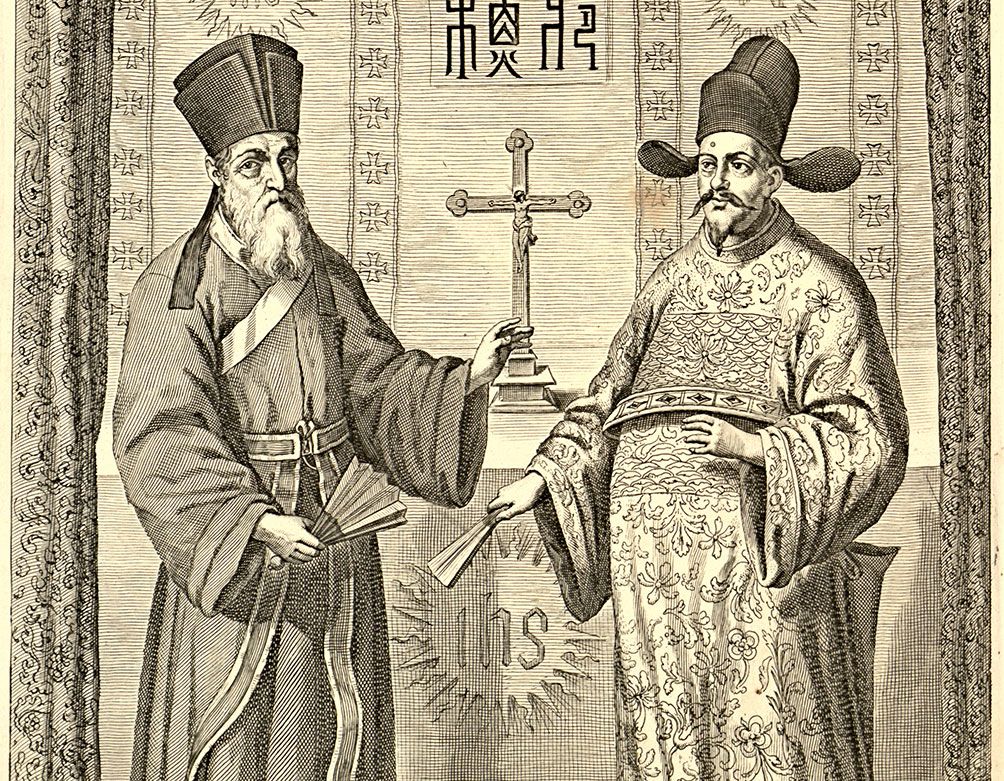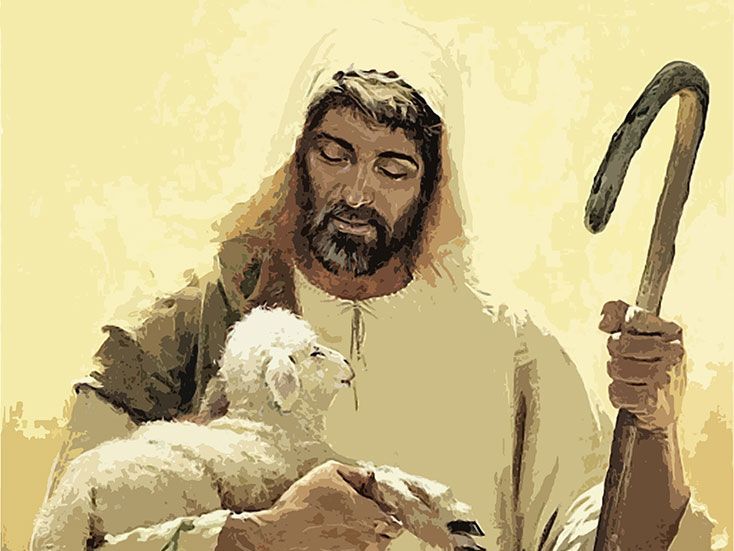Dialogue with Cultures, encouraged by the Bishops of Asia, has not received the attention it deserves. The sharing of the Message of Christ with people involves dialoguing with the inner convictions of communities and with the cultural heritages that sustain them. It is for the Evangelizer to identify the meeting points between the cherished dreams of individual communities and the values of the Gospel. If he can lead ideals and values of communities to a happy encounter with evangelical proposals, it will bring meaning to human contexts and direction to societies.
This endeavor may be described as the evangelization of cultures or animation of families and communities with the vibrancy of the Gospel. It integrates the Christian message with people’s lifestyles and value-systems. In this process, the Evangelizer is not merely a giver, he/she remains an assiduous searcher all the time. He is a constant learner and respects the values in the culture even of the smallest ethnic group.
Dialoguing with the millennial civilizations
The Dialogue related to the Mission is not a way of promoting the self-interest of the Christian community. Pope John Paul II says, Dialogue is to discover the presence of Christ and the working of the Spirit among diverse people (RM 56). We see Paul entering into dialogue with cultures, beliefs and religious values of various peoples: Lycaonians, Athenians, philosophers, poets (Acts 17:18, 26-28). He was as conversant with Jewish and Hellenic, thought as with Stoic philosophy and mystery cults. While he never faltered in his orthodoxy, he took advantage of the seeds of the Gospel to be found in every school of thought. Gaudium et Spes exhorts us in our days, too, to listen to all shades of opinion (GS 43) and dialogue with them.
This respect for culture finds its best expression in the inculturation efforts of the Church in theology, liturgy, organization and spiritual traditions. Inculturation has nothing to do with cheap, trivializing improvisations, or an eagerness to make sensational xenophobic statements. On the contrary, it is related to meaningfulness and relevance. It has reference to cultural rootedness and the legitimate ethnic pride of people, expressed in forms of beauty, harmony, dignity, values, concepts and depth. In fact, the Asian ‘sense of the sacred’ confers profundity even on simple ‘popular devotions’ that are extremely dear to our communities.
Dialoguing with religious traditions
Here in Asia again, the quality of Dialogue rises to new heights when people begin to share their religious experiences. Formal dialogue has often been trapped in tiresome routine or tended to exhaust itself in the monotonous comparison of concepts and doctrines. On the other hand, dealing with live issues and experiences brings relevance and purposefulness to the dialogue and induces commitment to a cause.
Christians approach other religious traditions with utmost respect. Even if their symbolisms and faith formulations are unfamiliar to us, they have served as guiding lights to millions of people for centuries. They have an inherent power of their own and deserve our esteem. The Holy Spirit has never been absent from human search for meaning.
Our own internal traditions may appear strange to persons of other religious beliefs, and our forms of worship and styles of formulating beliefs unfamiliar. Warm-hearted dialogue leads to the sharing of deeper meanings and paves the way for the tapping of each others’ spiritual resources for the good of humanity. That is the only way forward for the human family to construct a future together.
The Scriptures serve as a mighty resource for taking such conversations to depths. Even while the world is becoming more secularized, amazingly, there is attention when human anxieties are searched to their depths. It is at this level that religions can find their meeting points. It is a missionary’s duty, then, to have “profound willingness to listen” (Novo Millennio Inneunte, 56). It is the Spirit who guides human search at these levels.
Dialogue for social transformation
The field of Christian action is the entire world (Mt 13:38). It is here that the believing community is called to prove themselves salt and light (Mt 5:13-16). They have to act as a leaven in social life (Mt 13:33), bringing the spirit of the Gospel into various professional fields. Every form of injustice invites a negative response that will ultimately threaten the fabric of social order. Every form of corruption contributes to lack of trust, inefficiency, stagnation and, ultimately, economic failure. Indifference to family values and cultural traditions leads a society to a moral collapse.
In this respect, the Christian community cannot act as though it has been always above blame (1 Cor 11:17-22; James 2:1-6). But the general situation has worsened today. No believer can remain unconcerned. Christi Fideles Laici asks “Why do you stand here idle all day?” (Mt 20:6); get involved. Dialogue must pave the way, correcting imbalances in thought in order to build a responsible ‘civil society’ that will stand for the dignity of the individual, rights of the human person, of women and children, of minorities; ensure the care of the aged and ailing, respect for life, freedom of religion, just legislation and international harmony. God’s glory is the human being fully alive (Iraeneus).
When Dialogue leads to the penetration of evangelical values into various dimensions of culture and levels of thought, it influences the criteria of judgment. It paves the way for the development of social structures that favor healthy and humane relationships and good governance. It discourages a culture of consumerism, senseless waste, and a life of superficiality. It combines effective economic production with fair distribution of wealth. It promotes healthy relationship between the economy and the environment, legitimate profit and just wages, scientific advance and human ecology, urban growth and social ecology, expansion of the digital continent and search for the Transcendent.
Dialogue towards peace
The Eucharist is eminently the Sacrament of peace, the Peace announced by the angels at His birth (Lk 2:14). The greeting that Jesus gives His disciples is always ‘Peace’ (Jn 20:19). “Peace I leave with you,” He says (Jn 14:27). In fact, He is our peace (Eph 2:14). He urges people to reconcile before offering sacrifice (Mt 5:23-25). “Blessed are the peacemakers,” He says (Mt 5:9).
But, unfortunately, there are jealousies and petty quarrels even among Christian workers and fellow-worshippers (1 Cor 11: 18), as Pope Francis admits. Peace must begin at home: within Christian families and believing communities. However, Eucharistic peace should have a wider significance. Peace is a Mission. We are ambassadors of Christ befriending the whole of humanity (2 Cor 5:18-20). It is our vocation to build bridges, heal wounds, remove ethnic and racial prejudices, and work for the prevention of war.
God’s plan is to bring everything to Himself (Col 1:20), both near and far (Eph 2:17). But the reality of hatred in the world remains. Adoration Services should be moments for sharing the Agony of Jesus in Gethsemane, and Eucharistic Procession for reflecting on His sufferings during the Way of the Cross… an agony that humanity itself undergoes today in facing terrorism and ongoing violence.
There is so much of collective anger in the world today, of class against class, caste against caste, ethnic group against ethnic group, tribe against tribe, religious group against religious group, ideologies against ideologies, theological vision against theological vision, economic interest against economic interest, national ambition against national ambition, political alliance against political alliance. Usually, we give attention to the immediate causes of conflicts and harassments, forgetting that many of them arise due to negative memories of historic injuries that still persist in the minds of individuals and societies. Unless they are healed and prejudices moved, violence is bound to break out again.
Historically speaking, we have all hurt each other as ethnic groups, nations, or civilizations. It is part of evangelical work to heal the memories of these historic wounds, at the ethnic, cultural, national and even civilizational levels. It is God’s work. Can we become the ‘Lambs of God’ who take away the ‘Anger of the World’? At least reduce that anger…lest more of our Christians suffer? Can we urge that human concerns be placed before commercial interests?
While we sing with the angels ‘Peace to men of goodwill’ (Lk 2:14), can we help generate this ‘Goodwill’, the bona voluntas that seems to be absent?
Dialogue means humility
Dialoguing with the postmodern secularized society is not easy. But there are reasons to remain hopeful. It is true that the secularized individual today finds it hard to believe in anything beyond the visible; and yet he strains himself to gaze beyond the horizon, what lies beneath the senses; he keeps questioning himself within his disturbed conscience. It may be that he makes profit-making his absolute concern; and, yet, often he shows himself generous. Tired of the monotony of liturgical rites and symbols, he is constantly evolving new ones. Though bored of traditional religious teaching, he longs to contribute towards the creation of a better world. As his spirit of possessiveness grows, his concern for others seems to be keeping pace. While over-enthusiastic pastors try to make liturgy attractive by making it lively, he seems to hunger for silence and quiet worship (Sinodo dei Vescovi, l’Eucharistia, Pg. 219).
Indeed, the secularized world is in search of the latens deitas, the Deus absconditus, the hidden God. A Mystic is emerging in the renewed human person.
Teilhard de Chardin thought that the Eucharist christifies human activity. It stirs in people an intense desire to pass on the values that they have received in their encounter with Christ (1 Jn 3:1:1) by guiding their ethical, doctrinal, ideological choices. It begins to influence the philosophy, art, literature, civil institutions, family traditions in society, and fosters positive cultural, political, economic, social values in it. It leads people to the ‘deep waters’ of spiritual wisdom (Prov 20:5). Truly, moral and upright life is spiritual worship (Jn 4:23-24).
As the sense of sin diminishes in human hearts and confessions fall, society needs persons gifted in dialogue who can revive the sense of values, rebuild the sense of self-worth in shattered individuals, hold out hope to people on the path to despair.
It is a great pity that the Pedagogy of Persuasion seems to be going out of fashion. What one hears is more of self-righteous denunciations and over-confident claims of the superiority of one’s proposals, provoking a similar response. There is room for collective humility and a low-profile search for what is best in a warm-hearted dialogue. I have often described this as “Whispering the Gospel to the Soul of Asia” in a context of personal depth and experiential intensity.
With too many people who have drifted away from the Church, there is need of spiritual guides who have developed the skills of Persuasion and who can pass on “the thought of Christ” with creativity (1 Cor 2:16).
Dialogue in search of decisive encounter with God
Some interpret the verse 1 Pet 3:15 in this manner: “Adore Christ in your hearts… and be ready to explain the hope you have in you, but do it with gentleness and respect.” There is then a relationship between worshipping the Lord, who is meek and gentle, and explaining our hope with the same gentleness. Evangelizers are ready to make themselves ‘weak with the weak’ (1 Cor 9:22). Their confidence comes from the conviction that they are answering to an expectation (RM 45) that through their work, the fulfillment of people’s longings is realized (EA 19).
The awesome Beauty of the Eucharist does not make people overconfident and assertive. It disarms. It is not to be described so much in aesthetic terms, but experienced in its transforming power. It gives rise to a bewitching inner Harmony, in the context of which even Silence becomes eloquent. Eastern liturgies have retained something of this mystic air, capturing the eschatological dimension (Mt 26:29; Mc 14:25; Lk 22:28-30) that is inherent to these unspeakable mysteries.
Even the ‘popular forms of piety,’ prevalent in many Asian countries, radiate the joy of the Lord in their cultural authenticity and through their inner harmony.
Be not afraid
And as believers emerge from worship after breaking the bread, they ask themselves: “Were not our hearts burning as Jesus talked to us…and broke the Scriptures to us (Lk 24:32)? Do we not feel we have received grace upon grace (Jn 1:16), more than ever we could ask for or think of (Eph 3:20)? Are we not ready to go to the ends of the earth bearing His Message (Mt 28:19) to draw all humanity to Him?” (Jn 12:32)
When that happens, we know that Christ’s ‘little flock’ (Lk 12:32) in Asia has taken on its Mission, and that the Eucharist is Mission and Mission is Dialogue. It is this Dialogue that opens out the doors of the Kingdom to reveal the face of Christ to the whole of humanity.
The above is the catechesis delivered by His Excellency, Most Rev. Thomas Menamparampil, SDB during the 2016 International Eucharistic Congress in Cebu, Philippines. It has been abridged for publication. Emphases or capitalizations in the article are the author’s. – Ed




